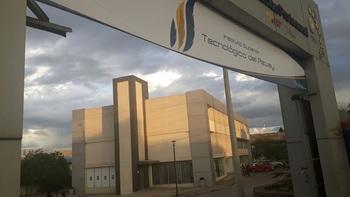Context
On the basis of its National Development Plan, Ecuador has devised a strategy for revamping its economy. In particular, this strategy seeks to achieve a shift from the focus on exporting primary commodities and exploiting natural resources to engaging in diversified and environmentally efficient production with higher added value. This includes, for example, service industries founded on a knowledge-based economy. The aim is to make greater use in future of the skills and knowledge of the population and of employees in the public sector. For these reform efforts to succeed, it is essential that staff in local administrations develop their skills and expertise, and cooperate more closely with the private sector and organisations in civil society.
Objective
Private and public sector actors cooperate more effectively on implementing innovative projects in the fields of local economic development, employment promotion and dual vocational training.
Approach
The innovation fund was set up to finance projects that foster public-private cooperation in the productive sector. Eligible projects have terms of 6 to 12 months and volumes ranging from EUR 100,000 to EUR 150,000. Two public tenders to date have focused on vocational education/employment promotion and local economic development.
Projects are selected by the Technical Secretariat for International Cooperation (SETECI) in the Ecuadorian Ministry of Foreign Affairs and the German Embassy. Applications are assessed according to an agreed set of criteria and clear selection rules. Special consideration is given to projects that bring about visible results at local level. At the same time, these should also be suitable for transfer to other parts of the country.
GIZ advises interested parties on how to prepare a project proposal and provides close support during project implementation.

